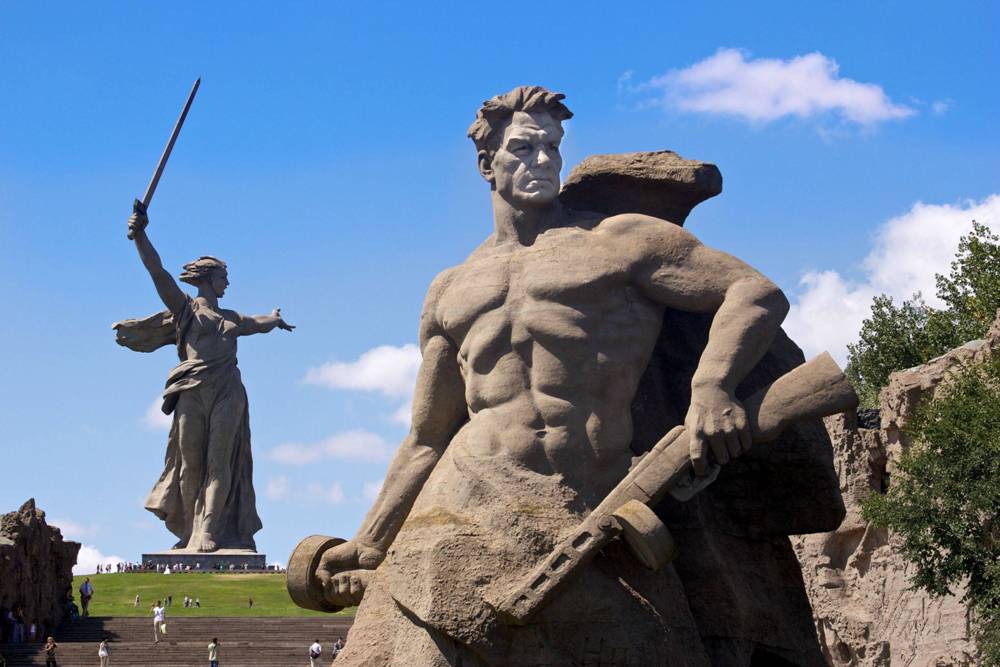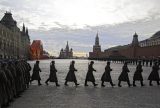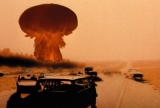The Role of War and Sacrifice in Russia’s Mythic Identity
A History of Victories Over Mongols, Napoleon, and Nazis Has Shaped Its Sense of Exceptionalism and Wariness Toward the West
If you want to understand Russia better, think of war. But not the one in eastern Ukraine or the frightening possibility of a conflict with NATO.
Go back instead to Russia’s 1945 victory over Nazi Germany. That triumph is the greatest event in Russia’s thousand-year history. In the largest war ever, Russia led the Soviet Union in crushing absolute evil and thereby saved the world from destruction.
Yes, Britain and the United States played a significant role in that victory, but Russians can counter by noting—accurately—that the back of Hitler’s army …










